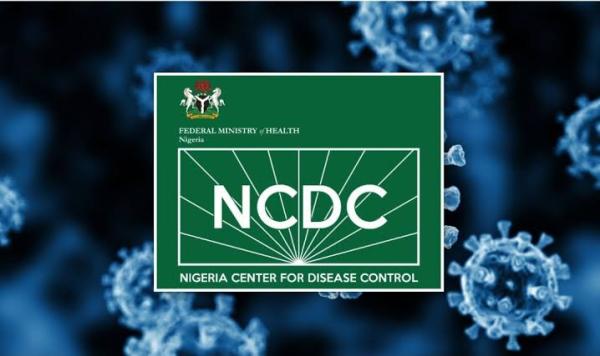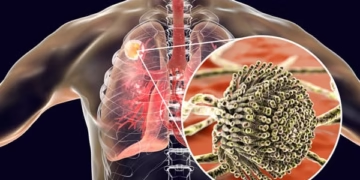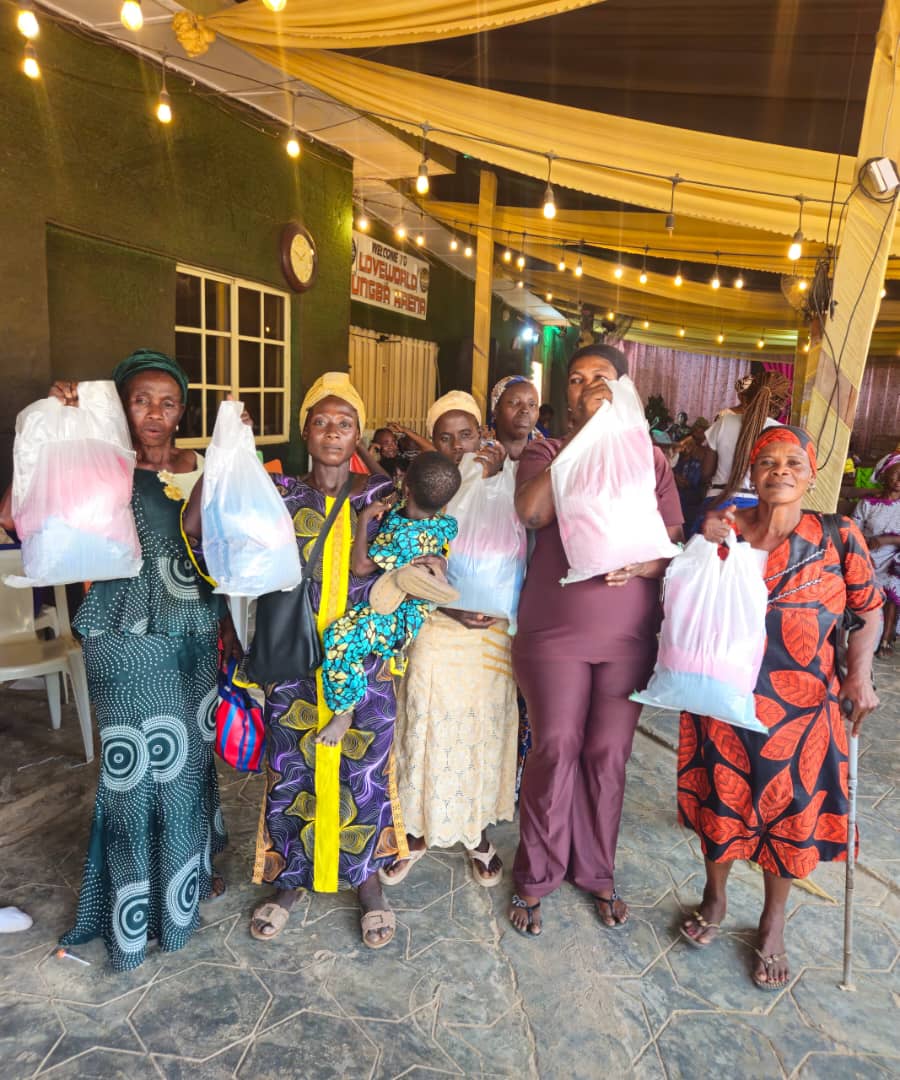NCDC strengthens Ebola prevention in Nigeria with border surveillance, public health advisories, and risk communication amid DR Congo outbreak
The Nigeria Centre for Disease Control and Prevention (NCDC) has activated precautionary measures to prevent the outbreak of Ebola virus disease in the country.
Also read: WHO to decide on emergency status of Ebola in DR Congo
The agency, in a public health advisory on Saturday, said it was working with ministries, departments, agencies, and international partners to monitor developments in the Democratic Republic of the Congo, where new Ebola cases have been confirmed.
According to NCDC Director-General, Dr Jide Idris, there are no Ebola cases in Nigeria as of now. However, the centre has heightened surveillance, especially at borders and entry points, to ensure early detection.
Infection prevention and control protocols are also being reinforced in hospitals nationwide.
“Our risk communication and community engagement structures have been activated to provide timely and accurate information to Nigerians and address rumours and misinformation,” the advisory noted.
The NCDC stressed that while vaccines and treatments exist for some strains of the virus, early recognition, isolation, and supportive care remain critical to saving lives.
Nigerians were urged to adopt preventive measures such as frequent handwashing, avoiding contact with fruit bats and primates, and steering clear of raw or undercooked meat.
The advisory also warned against direct contact with body fluids of suspected or confirmed Ebola patients.
Travelers returning from affected areas were advised to watch for symptoms including fever, sore throat, vomiting, and unexplained bleeding within 21 days and immediately call the NCDC toll-free line, 6232, if they occur.
For health workers, the centre emphasized strict adherence to infection control practices and vigilance for suspected cases. It also issued travel advice urging Nigerians to avoid non-essential trips to affected countries.
NCDC said it would continue to strengthen nationwide surveillance, enhance laboratory testing, and collaborate with the World Health Organization and African health authorities to share critical information.
The Ebola outbreak in DR Congo, confirmed as the Ebola Zaire strain, has so far led to 28 suspected cases and 16 deaths, including four health workers.
Also read: Ebola Tinubu acted unilaterally, David Hundeyin tells Nigériens
Ebola virus disease, though rare, is a severe and often fatal illness transmitted to humans through contact with infected animals or human-to-human transmission via body fluids.
























